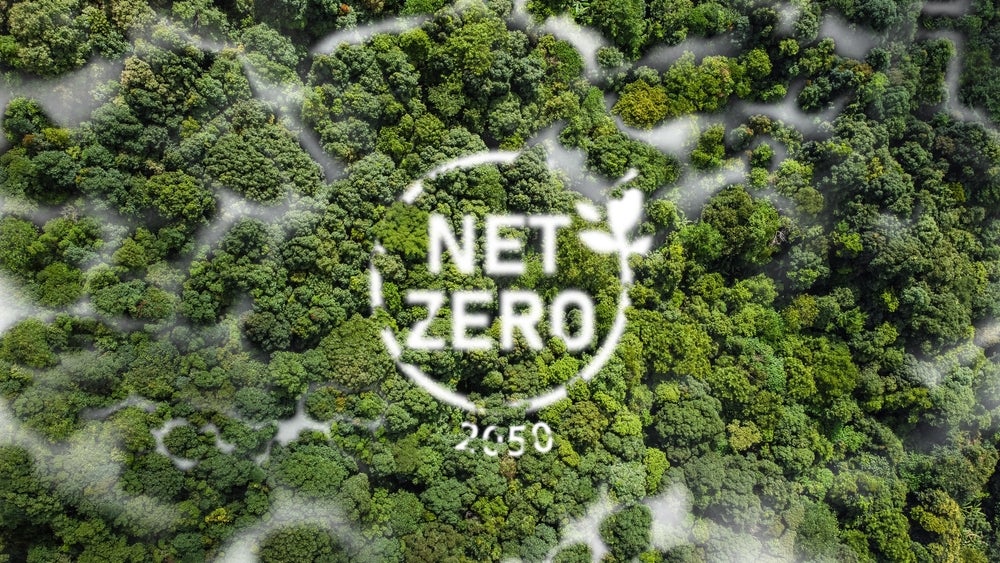
If Canada is to achieve Net Zero by 2050 it may need to nearly double climate spending. That is the key takeaway from the RBC Climate Action Institute Climate Action 2024 report. The research aims to offer an unprecedented look at Canada’s climate progress and readiness.
The research is informed by population-level surveys, industry data, and tailored research methodologies. RBC’s new RBC Climate Action Institute reveals many findings that explore Canada’s climate readiness. Climate Action 2024 breaks the challenge down by analysing six key sectors: Oil & Gas, Transportation, Buildings, Electricity, Heavy Industry and Agriculture. Moreover, it explores the most pressing issue or opportunity in each sector. The report is guided by engagement with climate experts, governments, industries and communities. And it explores ideas and actions that can help Canada achieve Net Zero.

Access deeper industry intelligence
Experience unmatched clarity with a single platform that combines unique data, AI, and human expertise.
“We need a step-change in the amount of capital going into the energy transition. We’ve measured a 50% increase since 2021. This is largely because of federal commitments, and that needs to double again very quickly. The private sector, with support from the provinces as well as Ottawa, needs to carry the transition from here,” said John Stackhouse, SVP, Office of the CEO, RBC.
Canada is making important progress in areas like electric vehicle adoption and home retrofits. The new research from the RBC Climate Action Institute indicates that the pace of change needs to accelerate.
RBC Climate Action Institute Climate Action 2024 report key takeaways
The federal government has covered roughly 80% of the cost of climate action since 2016. The provinces need to step up spending to get Canada back on track.
More than half of Canadian businesses have set emissions reduction targets for 2030. Some 96% of CEOs surveyed are confident they can hit them.

US Tariffs are shifting - will you react or anticipate?
Don’t let policy changes catch you off guard. Stay proactive with real-time data and expert analysis.
By GlobalDataRoughly two-thirds of Canadians want to do more to tackle climate change. But roughly half don’t favour actions that could erode their standard of living.
Government subsidies for home retrofits have helped consumers overcome “the green premium.”
While investments in carbon capture, utilisation and storage are vital in the long run, methane cuts can yield faster results.
Wind generation is now Canada’s leading new source of clean energy, and growing faster than it has in a decade. But 11.5 gigawatts more—equivalent to powering all homes in British Columbia and Alberta—will be needed to meet 2030 renewable energy goals.
Canadian companies: leading climate innovators
In addition to a macro analysis of decarbonisation pathways, Climate Action 2024 profiles some Canadian companies at the forefront of climate action. From family farm operations that are employing biological fertilizers to reduce soil degradation, to manufacturers who are blending the emissions from cement manufacturing with waste materials to create new buildings materials, Canadian companies are leading climate innovators.
“Canadians are motivated to act on climate change. Many are consciously taking steps to lower their carbon footprint. However, climate action isn’t happening fast enough,” said Myha Truong-Regan, head of Climate Research, RBC Climate Action Institute. “One of the challenges is that only 28% of us are willing to pay more for necessities like food, energy and travel. Technology like EVs and heat pumps can help us overcome this so-called ‘green premium’. But they need to become more affordable. We see an opportunity for the provinces to step up their climate spending and help make these solutions mainstream.”






